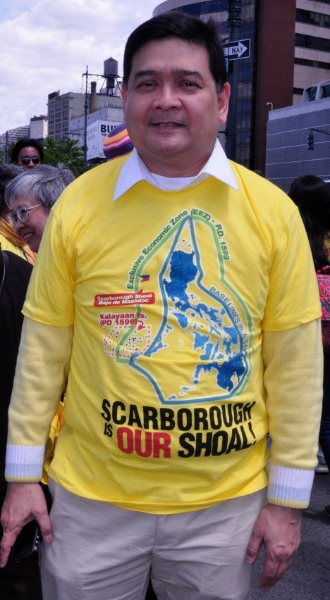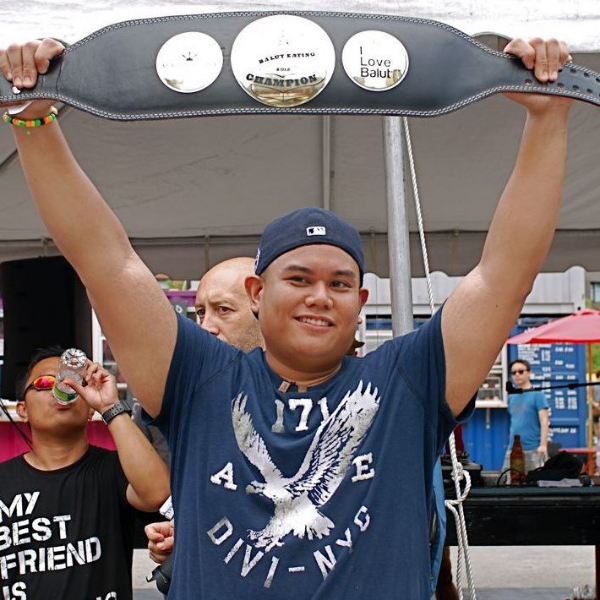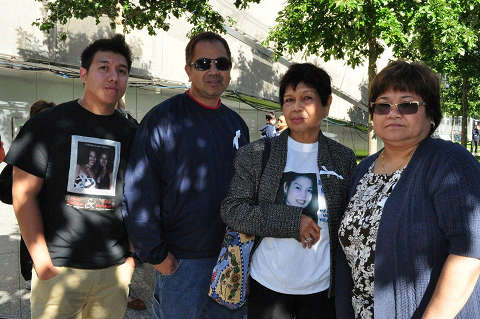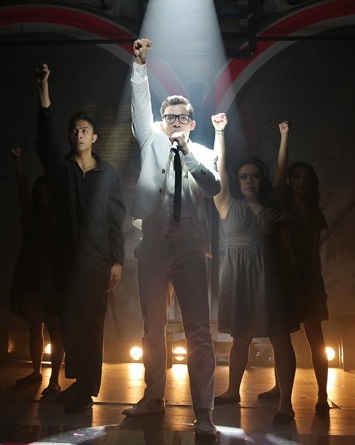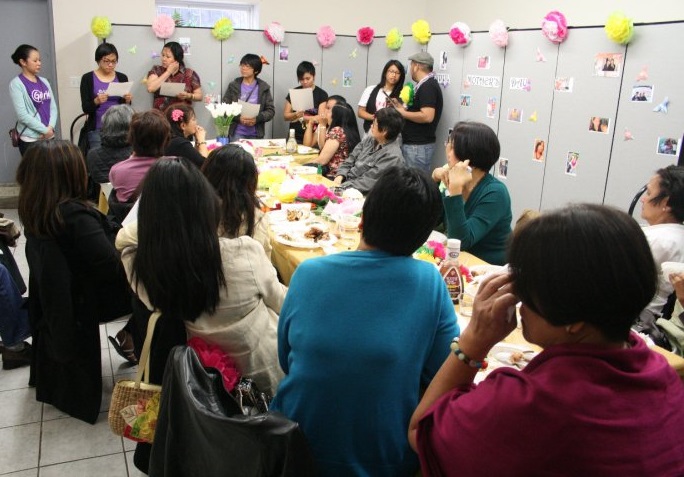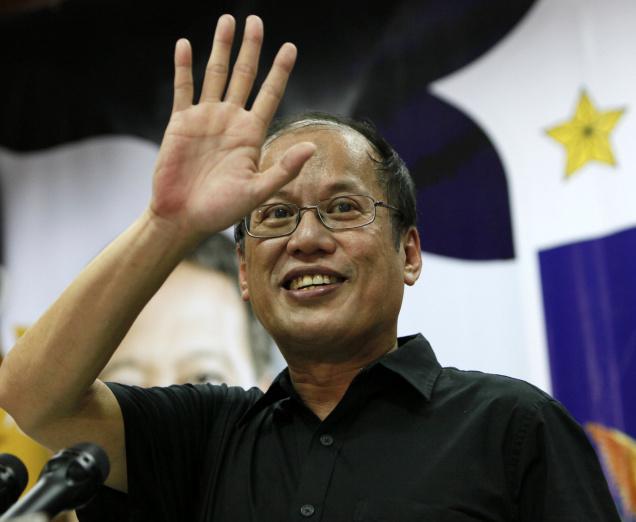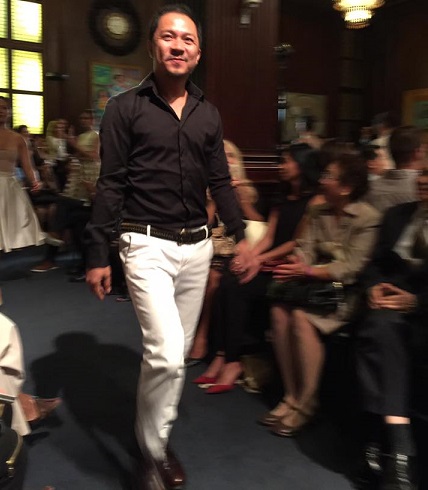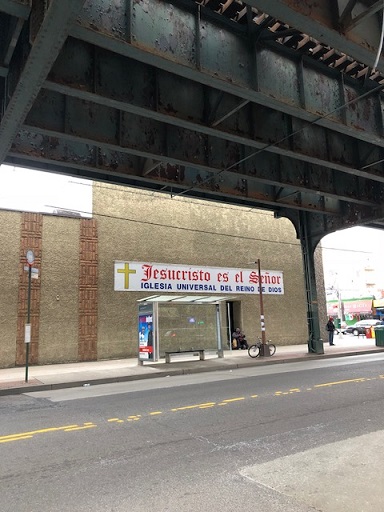Caregiver with COVID is fired; gets restitution through NYC agency
By Cristina DC Pastor
For four years, Antonio has been taking care of an elderly man with a long-term illness in New York.
In April of 2020 — around the time COVID-19 was rapidly spreading in NYC – the Bataan-born caregiver caught the virus. When he asked his employer for a sick leave to see a doctor, she did not give her permission. She wanted Antonio to continue looking after her husband even though his caregiver had tested positive for the infection.
A year later in July 2021, Antonio was fired. The reason? He took a day off to see a doctor for regular checkup. The couple and he were supposed to travel to Florida, so he thought he might as well check in with a doctor about his post-COVID health because they would be gone for a while. He was, after all, almost 57 years old.
Antonio was fired for using his sick leave. In retaliation for filing a complaint with New York City’s Department of Consumer and Worker Protection (DCWP), his employer subjected him to harassing phone calls.
On January 12, DCWP Commissioner Peter Hatch announced settlement agreements for two domestic workers to resolve violations of the NYC Paid Safe and Sick Leave Law: One is Antonio and the other is a domestic worker of Caribbean origin. Antonio’s employer was required to pay $18,000 in restitution and $1,000 in civil penalties to recover legal and other costs.
“Since 2017, DCWP has received more than 128 complaints about paid safe and sick leave from paid care workers, which includes nannies, caregivers, house cleaners and home health aides,” Carmel Agnant, press secretary at DCWP, said in a statement to The FilAm. “DCWP has recovered nearly $3 million in restitution for paid care workers.”
DCWP’s Hatch noted how some domestic workers are unappreciated for providing support to families.

“Sadly, these invaluable workers often face exploitative working conditions and abuses. We are committed to ensuring these workers are treated fairly and will hold anyone—including private households— accountable if they violate their workers’ rights. I want to remind New Yorkers, if you hire a paid care worker, you are an employer in the eyes of the law.”
“It was difficult being abruptly and wrongfully fired for trying to seek help from a doctor,” said Antonio whose surname is being withheld for this report. He said further that his employer specifically forbade him from taking a sick leave to see a doctor, because, “who’s going to take care of the patient?”
“I needed sick leave after catching COVID,” he said in an email interview with The FilAm.
Antonio is now working for another family. As a caregiver with seven years’ experience, his job involves taking care of mainly elderly and sick patients who need assistance in their homes. “I help with many kinds of assistance such as taking the patient to the doctor, administering medication, preparing meals, and any other tasks that meet the needs of the patients.” A private caregiver in NYC earns anywhere from $14 to $20-plus per hour depending on experience and assigned duties, such as lifting heavy or severely impaired patients.
The NYC Paid Sick Leave went into effect on April 2014, said Agnant, making it the largest jurisdiction in the country to enact a sick leave law. Under the law, according to the DCWP website, covered employees have the right to use safe and sick leave for:
- health, including the care and treatment of themselves or a family member; and
- safety, including to seek assistance or take other safety measures if the employee or a family member may be the victim of any act or threat of domestic violence, unwanted sexual contact, stalking, or human trafficking.
“Many paid care workers, especially domestic workers fear retaliation and often are hesitant to file a complaint,” said Agnant. “But our laws have strong retaliation provisions, and immigration status does not matter so we encourage them to come to us, which they can do anonymously if they wish.”
She said DCWP continues to educate workers—as well as employers and the public—about workplace protections. “We partner with workers and worker organizations to ensure that workers know their rights and can advocate for them.”
Antonio has since recovered and is now fully vaccinated. He said his experience has helped him to understand that domestic workers have rights under the law.
“I am proud to have been able to receive justice,” he said. “The settlement has been helpful.”
© The FilAm 2022

